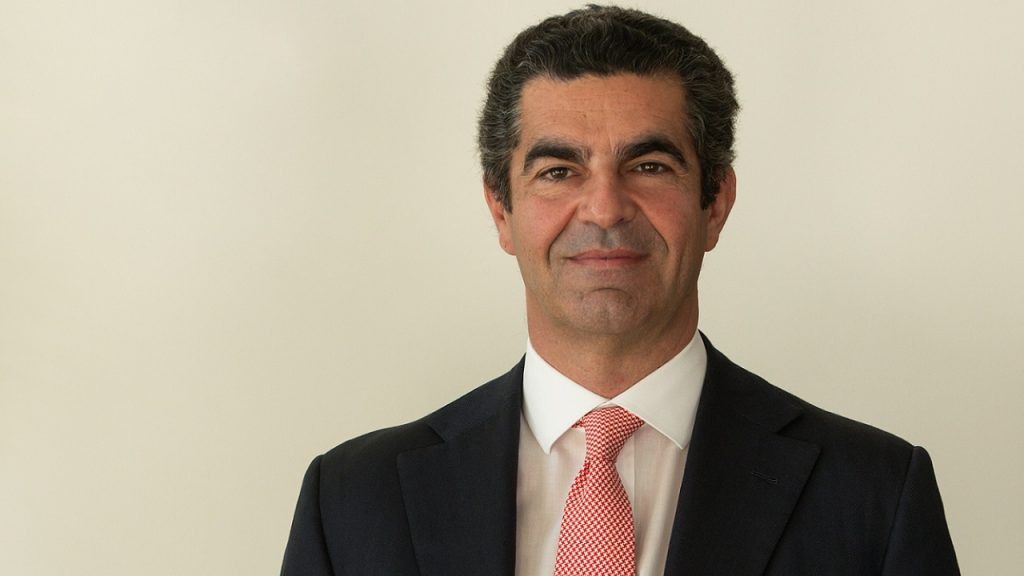From father to son, how the company is passed on

Guido de Vecchi told us which opportunities should be exploited in the generational change of Italian companies
Managing the handover between father and son in the company is one of the most complex tasks of all. To understand how best to plan this activity, we spoke to Guido de Vecchi, CEO of Siref Fiduciaria, a company of the Intesa Sanpaolo group.
Can you give us an overview of which companies are interested in generational change and what the main needs of your customers are?
“Recent estimates suggest that there are more than 14 million family businesses in Europe, generating around 50% of GDP. In Italy, family businesses now make up around 75% of companies. Considering that many of them were born in the post-war economic boom, they are now facing the phase of passing the baton from the founder to the heirs. This delicate moment is of great importance for the future of the company. If it is organized, it becomes an opportunity to initiate innovative and sustainable transformation processes in companies and thus maintain and increase competitiveness at an international level.”
What are the most problematic factors a company faces in the delicate phase of generational change?
“The lack of inclination towards a medium to long-term vision, the risk associated with the loss of the founder, where the entire company strategy was designed and modeled on his example, the difficulty of passing on the company’s know-how to future generations. Often it is missing the obligation to ensure the continuity of the company’s vision and its further development, and there is a risk that family conflicts will spread within the company and endanger its stability and growth. And again the reluctance to bring in new external talent that could reinforce the founder’s vision, the centrality of employees who were not always aware of the family dynamics and, with the fluctuation at the top, were unable to legitimize the successors, which undermined the stability of the Agency at risk. All this is reflected in a worrying dispersion of Made in Italy, with the great risk that in the next few years a liquidation or insolvency procedure will be initiated or that we will be forced to sell to foreign competitors.”
Why should you contact a trustee?
“We need a change in mentality and assumptions when managing the continuity of the company, that is, when planning the handover in a timely manner. The trust is an asset planning and asset protection tool and requires confidentiality for the client and his family. Siref, in synergy with the various Intesa competence centers, provides fiduciary services to the group’s most demanding clients and manages assets worth around 12 billion. Thanks to the experience of 50 years of activity, she can look back on a success story and a greater wealth of solved cases than any other fiduciary: through specific administrative mandates and specific roles, including as a fiduciary, she supports the entrepreneurs of the future, enabling them to better respond to respond to the new demands of the labor market and to ensure business continuity. Additionally, the company is a leader in the administration of comprehensive stock ownership plans and stock options management during a historic period of recovery where any push toward employee incentives and retention can be a lever for corporate transformation. “Investing in human capital is the right decision and investing based on our experience and knowledge is the key factor for the soundness of companies.”
What tools and services does Siref fiduciaria offer its companies?
“Siref offers a long-term vision: it supports family businesses by offering services and products that ensure the stability of their business. It promotes corporate transformation by accompanying generational change. Since 25% of family businesses have a turnover of over 20 million euros and are run by an entrepreneur over the age of seventy and therefore there is an inheritance period, it is important to take the perspectives of subsequent generations into account. It is therefore important to train and support potential heirs before they join the company. The company promotes succession planning by viewing it as a growth process structured in multiple steps and over a medium to long-term time horizon. Finally, it makes managing family relationships easier by separating family and business concerns with personalized services.”
The full article was published in the January 2024 issue of Wall Street Italia magazine. Click here to login.





